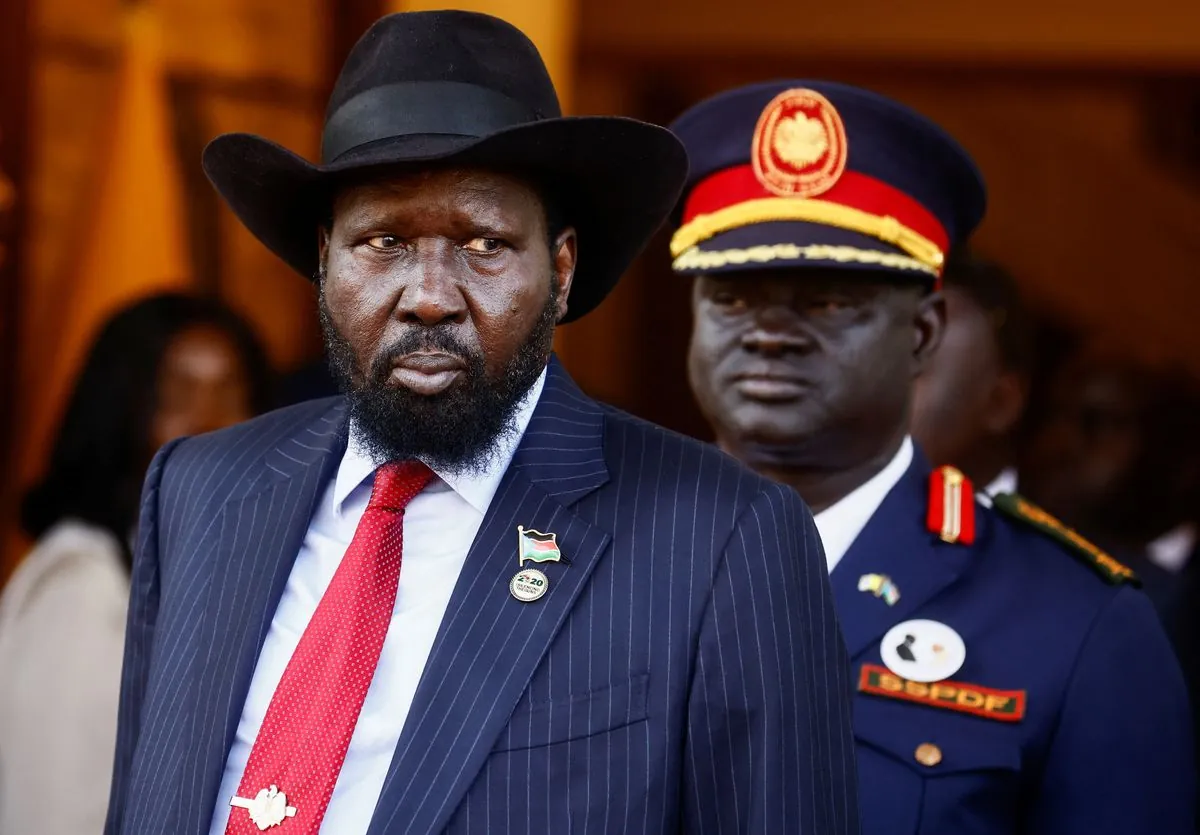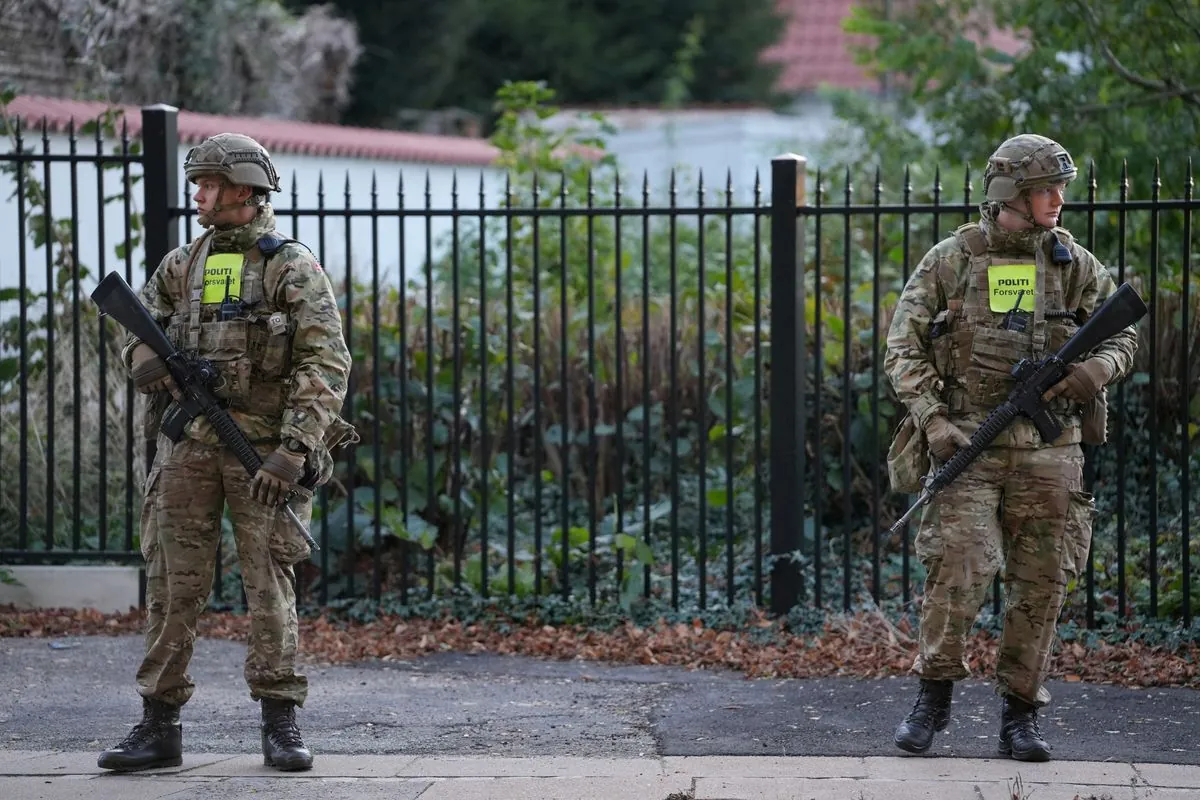South Sudan's Kiir Replaces Intelligence Chief Amid Political Tensions
South Sudan's President Salva Kiir dismisses long-serving intelligence chief, appointing a close ally amid election delays and ongoing political challenges. The move reflects power struggles within the government.

In a significant political development, South Sudan's President Salva Kiir has removed the country's long-standing intelligence chief, Akol Koor Kuc, from his position. The state broadcaster SSBC reported this change, citing a presidential decree. Kuc, who had led the internal security bureau of the National Security Service (NSS) since South Sudan gained independence in 2011, has been replaced by Akec Tong Aleu, a close associate of President Kiir.
This decision comes at a crucial time for South Sudan, the world's newest country, which has been grappling with numerous challenges since its inception. The dismissal follows the recent announcement of another delay in the country's elections, with the transitional government extending its term by two years. This postponement, the second since 2022, has drawn criticism from international stakeholders, including the United States.
The NSS, under Kuc's leadership, has been a subject of controversy. Human rights organizations, such as Amnesty International and Human Rights Watch, have consistently raised concerns about the agency's extensive powers and alleged impunity in its operations against civil society and government critics. This situation reflects the broader challenges facing South Sudan, which has one of the lowest literacy rates globally at about 27% and has been ranked among the most corrupt nations worldwide.

The replacement of the intelligence chief is viewed by analysts as indicative of ongoing power struggles within the highest echelons of the South Sudanese government. Policy and security analyst Boboya James suggests that this move is part of President Kiir's strategy to consolidate power by bringing loyalists into key positions. This political maneuvering occurs against the backdrop of a fragile peace process that has been hindered by disagreements between Kiir and his deputy, Riek Machar, who led opposing factions during the country's civil war.
South Sudan's political landscape remains complex and challenging. The country ended a five-year civil war in 2018, but the path to lasting peace and stability has been fraught with obstacles. This conflict resulted in hundreds of thousands of deaths and has left the nation struggling with severe food insecurity, with millions at risk of famine. Additionally, South Sudan faces significant economic challenges, having one of the world's lowest GDP per capita and one of the highest inflation rates globally.
Despite these challenges, South Sudan possesses considerable potential. The country is rich in natural resources, including vast oil reserves that account for almost all of its exports. It also boasts untapped mineral wealth, including gold, diamonds, and iron ore. Moreover, South Sudan is home to diverse wildlife and natural wonders, including the Sudd, one of the world's largest wetlands, and hosts the second-largest animal migration globally, after the Serengeti.
As South Sudan navigates this latest political shift, the international community continues to watch closely. The country's young population, with over 70% under 30 years old, faces numerous hurdles, including limited access to education, healthcare, and basic infrastructure. The ongoing political instability and delayed elections further complicate efforts to address these pressing issues and build a stable, prosperous nation.
"The changes in leadership are part of our ongoing efforts to strengthen national security and promote peace and stability in our country. We remain committed to the peace process and to addressing the challenges facing our nation."
In conclusion, the dismissal of South Sudan's intelligence chief underscores the ongoing political tensions and challenges facing the world's youngest nation. As the country strives for stability and progress, it must address a myriad of issues, from corruption and economic hardship to ethnic divisions and humanitarian crises. The coming months will be crucial in determining whether this leadership change will contribute to positive developments or further complicate South Sudan's path to peace and prosperity.


































